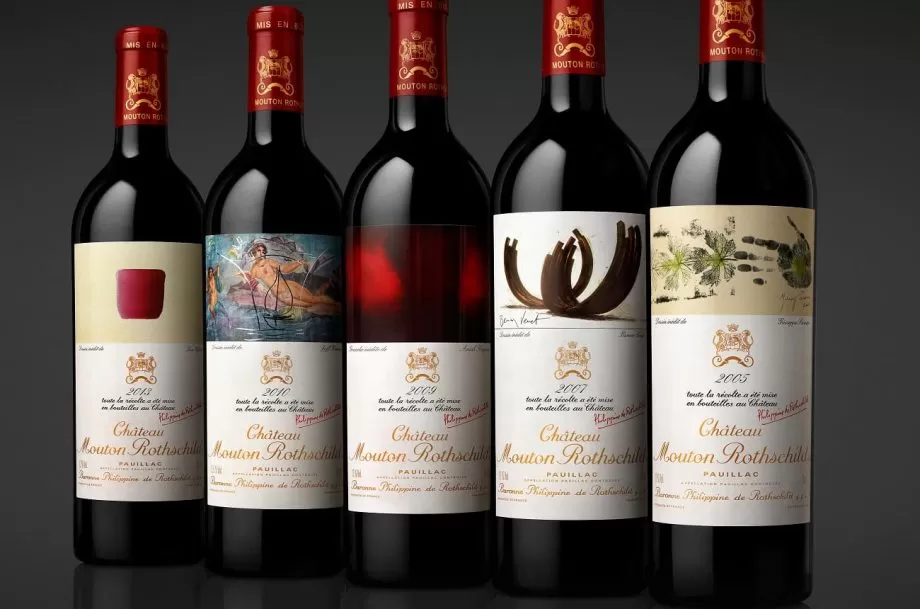While fourth-quarter numbers are still being crunched and the gains and losses of last year have yet to be fully tabulated, one thing is crystal clear: online sales of wine and other alcoholic beverages made a huge difference in a year wreaked by the havoc and a wildly unpredictable economy.
Consider this from Jim Agger, Senior Vice President of Ecommerce at WineDirect, one of the country’s leading DTC winery software and fulfillment solutions enterprises. “The top 25 % of companies who had at least 20 % invested in ecommerce … were able to not only replace revenue lost by tasting room sales but did more,” Agger reports. And that might be putting it mildly.
Agger revealed that in the quarter ending in June 2020, some businesses saw a near tripling of economic activity related to ecommerce, with revenues rising from $40 million a month to almost $120 million. “The opposite also held true”, Agger says, for companies who relied more heavily on foot traffic and tasting room sales without comprehensive email lists or well-developed online sales and fulfilment capabilities. “They found themselves in a much worse situation because they couldn’t pivot,” Agger explains.
Wine companies selling DTC have seen exponential growth in its 8-year history. “We saw lots of new buyers in the days following the stay-at-home orders,” Agger confirms. “Ecommerce nearly tripled during that time.”
WineDirect reported seeing a nearly 400 % increase in ecommerce sales over the three summer months, and analysts questioned the reason for it. Were more customers, stuck at home, drinking out of sheer boredom, they wanted to know. Just replenishing their cellar supplies? Or, was this a true DTC channel shift and an indication of a longer-term trend?
Wine Ecommerce and hyper-personalisation
Market observers were excited to discover that increased sales activity from ecommerce was held throughout the rest of last year. Agger asserts that ecommerce wine sales revenue for the last two quarters more than doubled from the previous year. While this is a truly promising development for the industry going forward, other important trends also emerged through the frenzy of last year’s online buying that, Agger believes, wineries would do well to heed. The future of wine ecommerce is AI hyper-personalisation and ensuring you’re offering the right product to the right person at the right time can be all the difference between success and failure.
By right we mean those that the customer, by their actions in previous purchases, how long they look at and come back to an item and/or put in in their basket, and most importantly is therefore the most relevant product selection for them at that precise moment. It is all about emailing, as when you show a hyper-personalised product selection, has to be optimised to be conducive to them, at their convenience, and when their lifestyle and purchasing habits demonstrate the greatest propensity for purchasing them. Only AI machine learning technology can offer that detail and accuracy.
A list of the leading hyper-personalisation vendors and their distinction is available via the link.
If wineries want to either initiate or retool their ecommerce platforms to take advantage of this new technology, he warns that they need to be prepared to meet customer expectations – like free shipping, fast shipping and something he calls transparency about where their orders are during the shipping process. “It puts consumers at ease when they have that tracking number in hand,” Agger points out. “Wineries need good communication with their fulfilment providers … there needs to be deep visibility in the tracking information.”
Agger also counsels that if wineries want to deliver that “wonderful, pristine experience” to their online and, hopefully, repeat customers, they need to do away with steep shipping costs and weeklong delays in delivering wine. “We’ve seen consumers at the end of their (online) experience come to the $60 shipping charge and drop that shopping cart. They feel like it’s gouging. Wineries need to understand that the cost of shipping has to be built into their marketing plans.”
“We are very lucky in the industry that consumers are voting with their dollars and buying from producers directly,” he adds. Along that line, Agger claims that consumers are indicating that whom they buy from is as important as what they buy. “They are most responsive to businesses whose values conform with their own,” he clarifies.
Agger argues that wineries are in a unique position to capitalise on, for instance, a pro-environmentalist sentiment given their “front row seat” with the effects of climate change that have increased the severity of drought conditions and wildfires. According to Agger, WineDirect itself has invested in carbon recapture projects and committed itself in 2021 to completely recycled and recyclable packaging that uses pulp-based and other compostable components.
“We’re making an effort to express our values, so our wineries can express them to their consumers,” he attests. “It’s an important tool to attract and retain business.” In the end, Agger is optimistic about the future. He notes that in September when wineries were allowed to resume outdoor tastings for a time, retail sales resumed to the same levels they were in years prior.
Agger says wineries need to “layer up” to support those customers eager to get back to what he calls “reality.” But, he cautions, that a solid ecommerce and customer outreach program needs to be an integral part of the plan. “Wineries that have larger, more mature ecommerce programs, their business is more secure, more robust and more likely to survive under any circumstances,” Agger declares.
Further articles for Wine Ecommerce are available via the link.






One Response
Another important factor to implement a strong DTC strategy is profit. When you sell directly to customers there’s no middle man to pay. Monopolies often takes as much as 60% margin for themselves. Wine stores anything between 25% to 40%, + agents and so on. The main reason so many wineries rely mostly on foot traffic it’s because it is easy. DTC is new for most wineries that would rather concentrate their efforts on making wine.